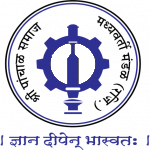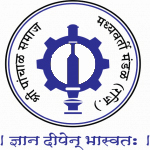ycvidyasankuls@gmail.com
+91 9272232240 / 9272223443

Shree Panchal Samaj Madhyavarti Mandal's
Yeshwantrao Chaphekar College of Arts and Commerce
Affiliated to University of Mumbai
ISO 9001-2015 Certified Institute
NAAC Accredited with Grade "B" CGPA 2.41- First Cycle
(2024-2029)
